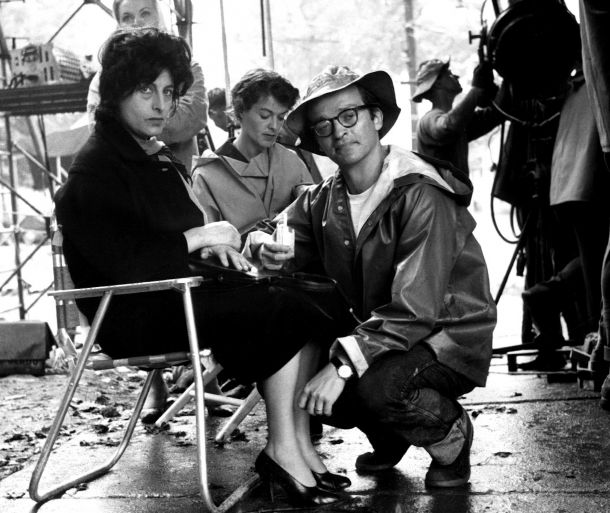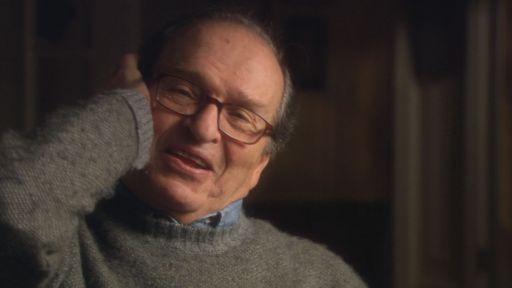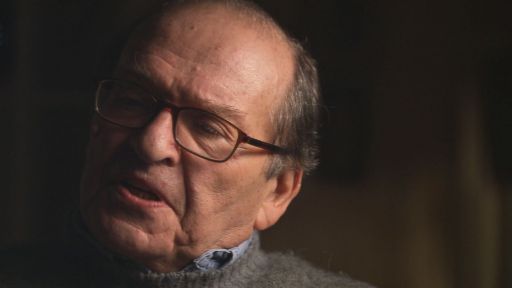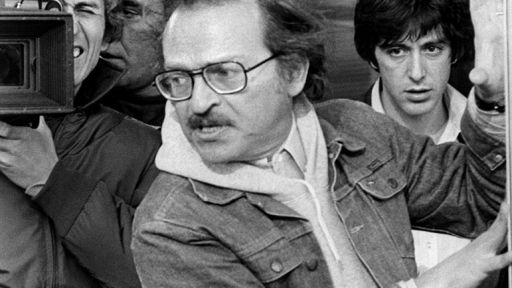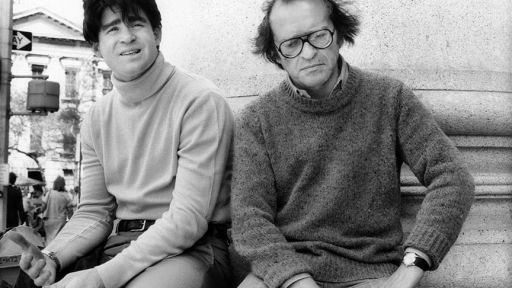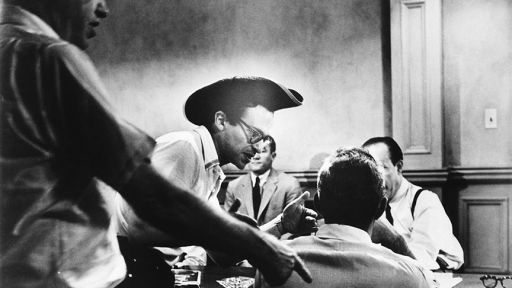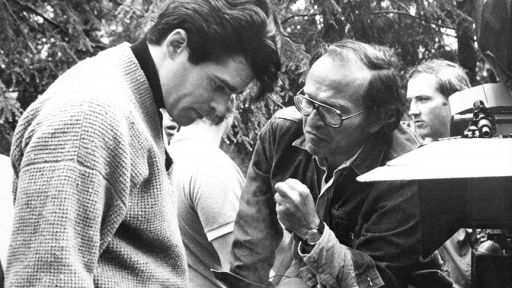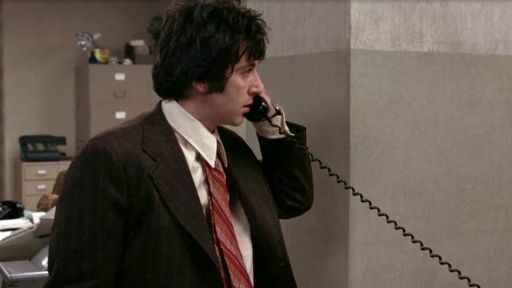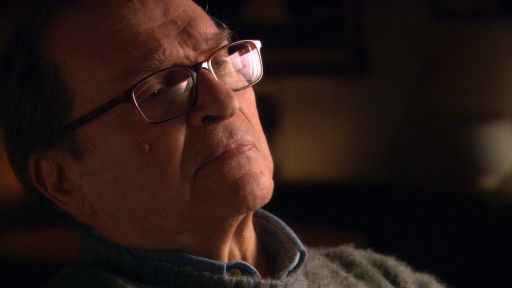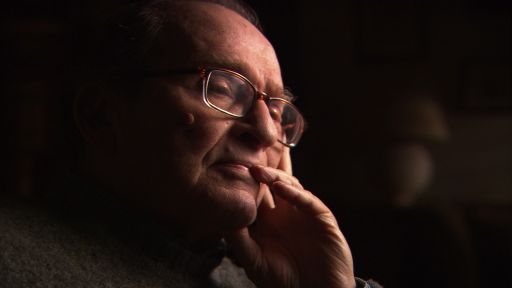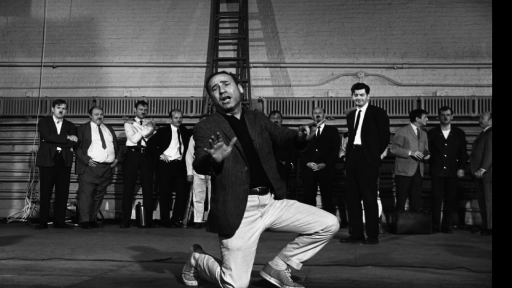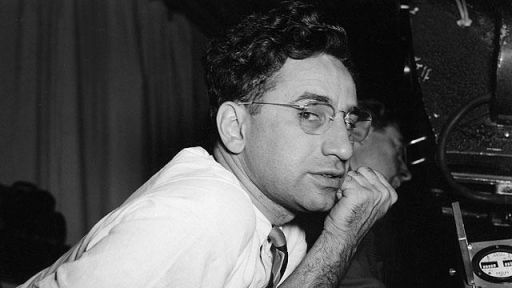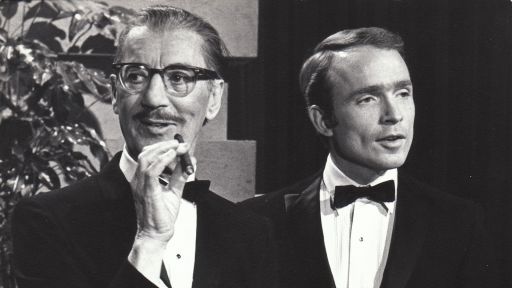Has there ever been a more honest filmmaker than Sidney Lumet? Given that imagination is intrinsic to the making of movies, honesty is not a term one first associates with this art and craft. It is also a fiercely private enterprise, in spite of the collaborative work ethic. Lumet was different – he loved the collaborative process, and he cherished candor. When one speaks of morality in movies, certainly one thinks of Lumet; so many of his films deal with corruption and fairness, individuals going up against an unjust system. Inherent in this sense of morality is the way we dissemble, the way we lie to each other and to ourselves. As this is crucial to his world view, Lumet is big on not lying to us either.
We are privileged to hear Lumet speak the truth in this documentary. In 2008, he devoted five days of his time to record an interview with the late filmmaker Daniel Anker and the producer, Thane Rosenbaum, for American Masters – to talk about what matters. He pushed back on the idea that his films had an agenda, that preaching morality was his aim. But growing up in a stern Jewish household engendered a moral sensibility in the soul of first Sidney, the child actor, then Lumet, the director. It was also a poor household, and the important ethos was work. “You work,” said his father, and Lumet did, putting food on the family table from the time he was five. He felt there was nothing sacred about the stories he told; indeed, the only thing sacred was having a job. And being fair –‐ a lesson he learned growing up on the Lower East Side of New York, one that would stay with him through his lifetime.
Lumet gave generously to this interview – it lasted over 14 hours. It was my job to distill what I felt were the crucial threads, the story he most wanted to tell. Movie–‐making lore – and technique – are found here, just as they are in his book Making Movies – a filmmakers’ bible. But this interview happened much later in life and has the sensibility of an artist looking back. He speaks of an incident that impacted him deeply, one he had not discussed in previous interviews, and he is painfully honest in doing so. I have used this incident to frame his story as I believe he would have wanted. It may not be his “rosebud,” but it appears to have been a potent, albeit, unconscious motivator of the stories in his most lasting films, the films that are with us today. Lumet may have believed his messages were unintentional, but he was also the first one to say that the filmmaker, the person, is revealed in the work. Lumet loved nothing more than to make movies, and those movies emerged from who he was. I hope he would be happy with this movie.

